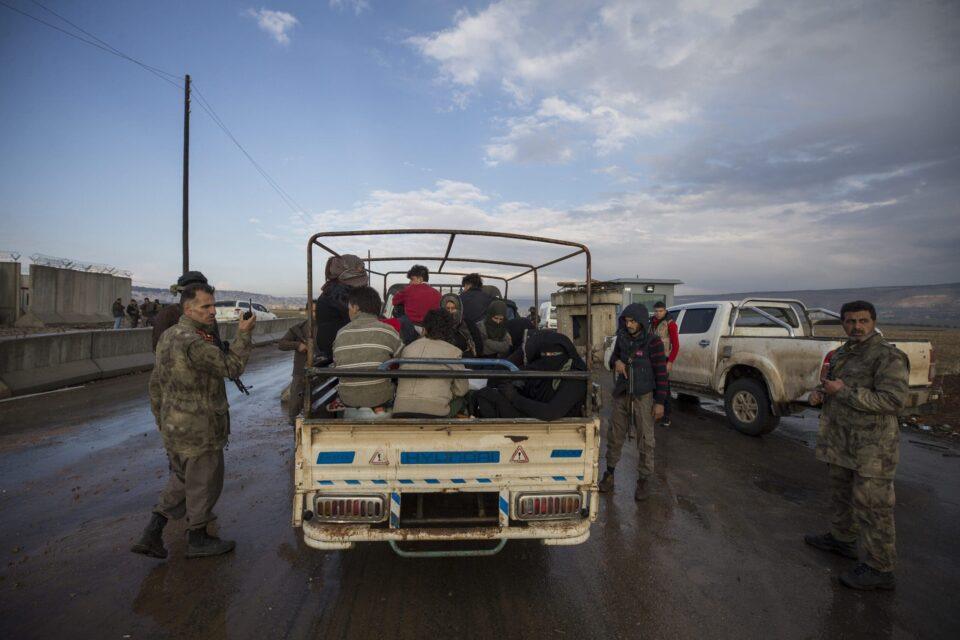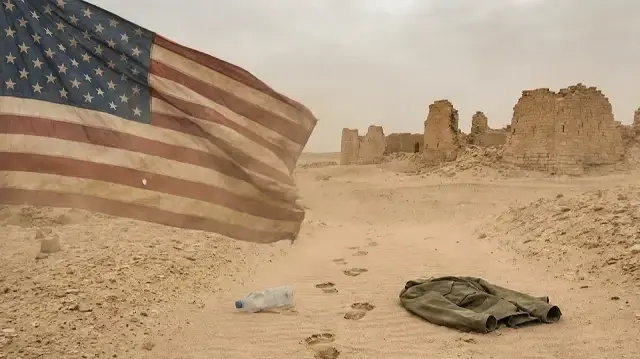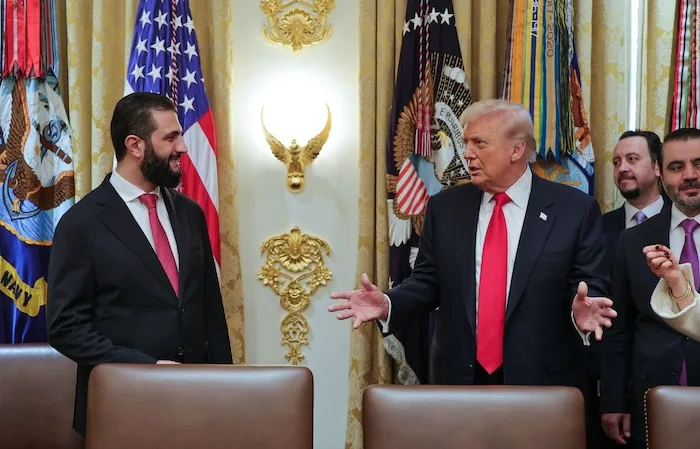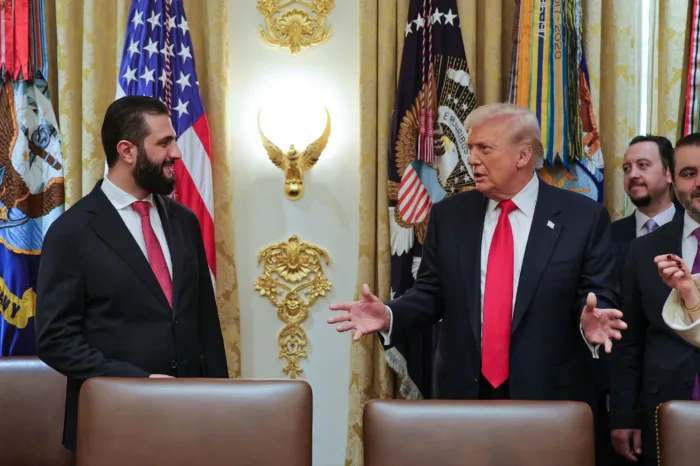Turkey’s Role in Stabilization in Syria

Turkey is a leading country in stabilization efforts inside Syria. Through their operations, Euphrates Shield and Olive Branch, Turkey has provided military stabilization assistance to Northern Syria. As part of the operations, Turkey has worked to remove landmines and explosives left behind. In addition to military support and protection, Turkey has worked to establish camps for displaced persons and rebuilt hospitals. Moreover, Turkey is providing stabilization services in Syria alongside supporting over 3.5 million Syrian refugees residing inside Turkey.
One area in which Turkey has been active is the Idlib region. Turkey has been present and supporting stabilization in Idlib for over a year now, ensuring that the agreed upon de-escalation zone remained. This September, Turkey played a leading role in maintaining a de-escalation zone in Idlib by negotiating with Russia before an Assad offensive occurred on the millions living in Idlib. Not only did Turkey work to ensure an offensive did not occur, but the decision prevented a potential humanitarian crisis from unfolding. Turkey continues to have twelve operation posts in Idlib and closely monitors the situation to ensure the millions of civilians living in Idlib remain safe.
Turkey continues to have a military presence throughout the northern regions of Syria, including in Manbij. Turkey and the U.S. have conducted individual and joint military patrols in the area to provide necessary and vital security to the city. Furthermore, this agreement allowed Turkey to address security concerns, while providing Syrians with a secure and safe area to reside and work towards rebuilding their country. Additionally, Turkey has built health centers in neighborhoods outside of the city center of Afrin. Last week in Raju, Turkey opened a health center that provides a range of services, including internal medicine, dental services, and women and children services. The center is equipped with a pharmacy as well. The newest health center adds to the previous health centers around Afrin and a hospital, which has allowed Turkey to provide 24/7 care to Syrians in the region.
Ensuring security allows for the community to rebuild, clean the rubble, work on water systems or electrical grids that were destroyed, and begin to become self-sustainable once more. Turkey has demonstrated that it can work across most parties in Syria, to ensure efforts are being made to stabilize the country. It should continue to provide its own stabilization efforts, while maintaining agreements to hold other countries accountable for stabilization efforts as well. The U.S. should continue collaborating with Turkey on vital stabilization efforts to lead other countries in partaking in critical assistance to Syria and to continue to support and rebuild destroyed cities under their control. At the same time, Turkey and the U.S. are increasingly challenged in Manbij. President Erdogan announced that a military operation east of the Euphrates was imminent over concerns that have repeatedly been raised in the past with the U.S. about the YPG. Nevertheless, the two NATO allies will need to work together for a lasting stabilization effort in northern Syria.























